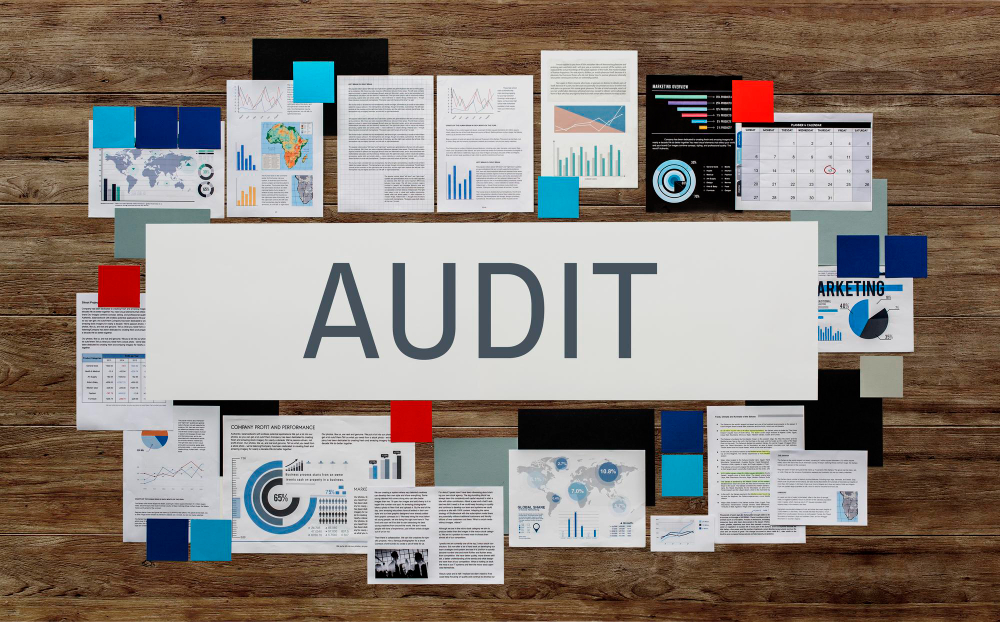Table of Contents
You need a strong defense against cyber threats. Cybersecurity audits can protect your business. Including your CPA in the conversation ensures a complete view. Your CPA understands financial risks and compliance, reducing blind spots. They offer insights that enhance your cybersecurity. When paired with a Hoboken management advisory team, you can approach threats from multiple angles. Together, they identify vulnerabilities and strengthen your defenses. Cybersecurity is not just an IT issue. It’s a business issue. Your CPA brings a unique perspective that fills gaps others might miss. By working with your CPA, you gain a strategic partner. This collaboration means you address risks proactively. You won’t just react when problems arise. Instead, you will prevent them altogether. Cybersecurity audits with your CPA’s involvement lead to smarter, safer decisions. They ensure your data stays protected and your business thrives. This partnership strengthens your security and your peace of mind.
The Role of Cybersecurity Audits
Cybersecurity audits assess your current protections and identify potential weaknesses. They focus on hardware, software, data management, and more. Audits provide a clear understanding of your cyber health. They help you prioritize necessary changes and allocate resources effectively. A thorough audit results in a stronger, more secure infrastructure.
Why Your CPA’s Involvement Matters
Your CPA offers financial expertise and knowledge of compliance requirements. These factors play a crucial role in cybersecurity. Financial data is a prime target for cybercriminals. With your CPA’s involvement, you cover all bases. They offer insights beyond traditional IT concerns, addressing financial implications. This holistic view strengthens your overall security posture.
Collaboration with Management Advisory Teams
Combining CPA insights with a management advisory team like NIST’s Cybersecurity Framework creates a multifaceted defense. Management advisory teams provide strategic guidance and technical expertise. Together, they create a comprehensive security plan. This collaboration ensures your defenses are both robust and strategically sound.
Key Benefits of CPA Involvement
- In-depth Risk Assessment: Identify unique financial vulnerabilities and address them effectively.
- Improved Compliance: Stay up-to-date with financial regulations, reducing penalties and fines.
- Resource Allocation: Make informed decisions on where to invest in cybersecurity measures.
Comparison: Traditional Cybersecurity vs. CPA-Enhanced Approach
| Aspect | Traditional Cybersecurity | CPA-Enhanced Cybersecurity |
| Focus | Technical Systems | Technical and Financial Systems |
| Risk Insight | Limited to IT Risks | Comprehensive, Including Financial Risks |
| Regulatory Compliance | General IT Standards | IT and Financial Regulations |
| Resource Planning | Technical Focus | Holistic Approach to Resources |
Steps to Integrate Your CPA in Cybersecurity Audits
- Initiate Conversations: Begin discussions about cyber risks with your CPA. Their insights can reveal blind spots.
- Develop a Collaborative Plan: Work together to create a roadmap that addresses both IT and financial risks.
- Regular Audits: Conduct regular cybersecurity audits with your CPA and management advisory team to ensure ongoing protection.
Conclusion: Safeguard Your Business
Cybersecurity is more than just technology. It’s about securing every part of your business, including financial assets. Your CPA’s involvement in cybersecurity audits provides a comprehensive approach. This partnership ensures your business is protected from all sides. Make your CPA a critical part of your cybersecurity strategy and experience the benefits of a well-rounded defense against cyber threats.

